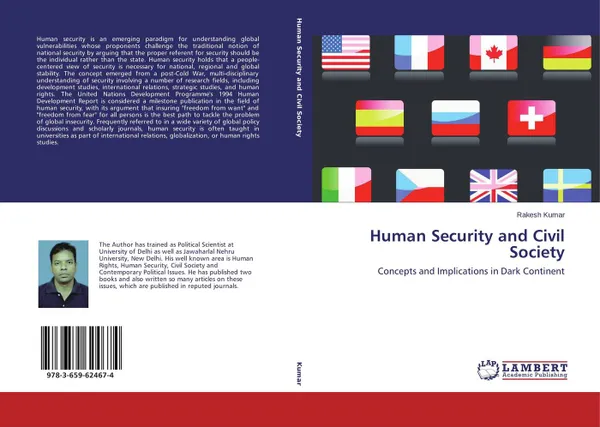Human Security and Civil Society
Автор: Rakesh Kumar
2014
220 страниц
Категория: Литература на иностранных языках
Язык: Английский
Тираж: 800
📗 Human security is an emerging paradigm for understanding global vulnerabilities whose proponents challenge the traditional notion of national security by arguing that the proper referent for security should be the individual rather than the state. Human security holds that a people-centered view of security is necessary for national, regional and global stability. The concept emerged from a post-Cold War, multi-disciplinary understanding of security involving a number of research fields, including development studies, international relations, strategic studies, and human rights. The United Nations Development Programme's 1994 Human Development Report is considered a milestone publication in the field of human security, with its argument that insuring "freedom from want" and "freedom from fear" for all persons is the best path to tackle the problem of global insecurity. Frequently referred to in a wide variety of global policy discussions and scholarly journals, human security is often taught in universities as part of international relations, globalization, or human rights studies.
Мнения
